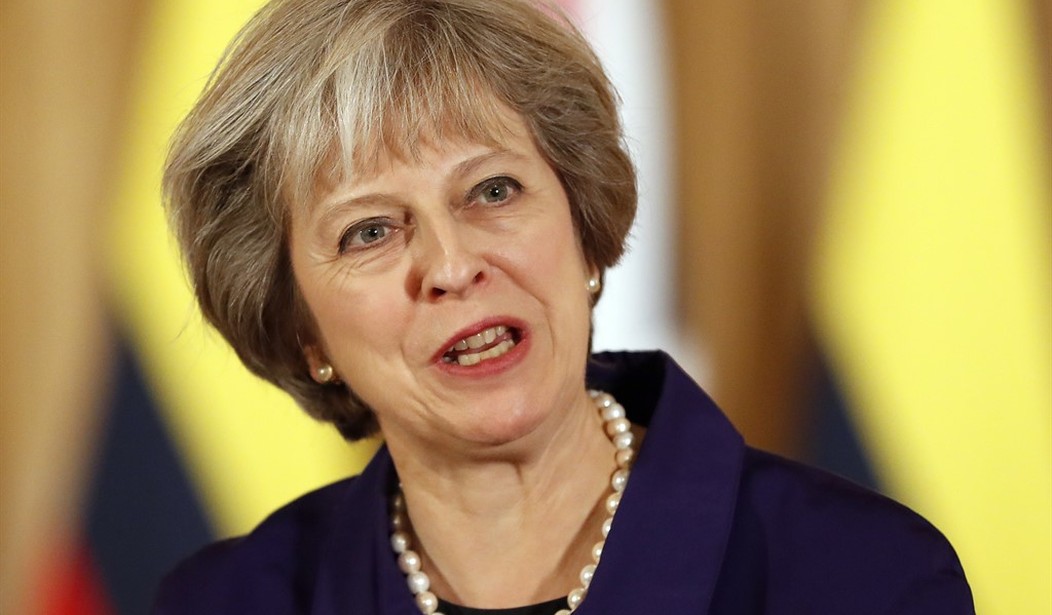Editor's note: This column was authored by Alex Grass.
The UK High Court has struck down Brexit. Such a repudiation of the national will, and of legislation already approved by parliament, has the potential to permanently warp Great Britain’s rule of law. Indeed, it may already have.
This controversy, at the core, highlights a battle over democracy and parliamentary sovereignty. An indispensable feature of both is that there must be a warranty that once a fully rendered decision is arrived at and approved through proper means, that decision must hold.
Once such a warranty no longer exists, people will lose faith in their government. This loss of confidence may require a new government, which is normally the case in smaller, less threatening crises. Prime Minister David Cameron himself resigned after campaigning to keep Britain in the European Union and failing to do so.
Big crises, constitutional crises, happen when a sovereign power is meant to or guarantees to abide by the results of a decision by the people and then reneges on that promise. And that is precisely what happened when three judges from the UK High Court ruled that Britain can’t leave the EU without having a parliamentary vote to do so. Yet that parliamentary vote already happened with the European Referendum Act of 2015.
Great Britain has contended with crises of serious proportions before, involving existential questions about nationhood. And although British rule of law survived, the resolution required a wholesale reconfiguration of the constitutional monarchy.
For example, James II brought about the 1688 Glorious Revolution after the issuance of the Declaration of Indulgence. The Declaration’s purpose was to end the Church of England’s monolithic control over Great Britain’s religious life, a desirable goal for those in the Roman Catholic faith, as King James II was. But the Declaration’s effect was to nullify parliamentary sovereignty, and that angered Englishmen who recognized that James wanted an absolute monarchy. This extra-legal method of control had been previously attempted by Charles I, who was subsequently beheaded for his own attempts at making law without parliament’s imprimatur.
Recommended
The argument of the UK High Court is that parliamentary sovereignty demands that parliament vote on whether to invoke the triggering mechanism to begin the UK’s legal separation from the EU by invoking Article 50. Another sticking point preventing the invocation of Article 50 is that Brexit will cause, in the court’s view, a diminished set of economic
But the Brexit referendum itself was created by an act of parliament, and a previous
This is where common sense plays in: it’s silly to think that a parliament-approved referendum that asked voters to answer “whether the United Kingdom should remain a member of the European Union” was not meant to ratify the voters’ answer. Why even pass an official act of parliament? The government might as as well have taken a poll and then decided itself.
In the end, the UK High Court ruling might just be a speed bump. Prime Minister Theresa May is appealing the decision to the UK Supreme Court, where for the first time all eleven justices (three of whom issued the appealed decision) will sit to hear arguments over the controversy.
But there’s a risk the UK Supreme Court will uphold its internal panel’s initial decision, and then if enough parliamentarians have a change of heart Brexit will sputter to a stop. If this happens, parliament-authorized referendums in the UK would be rendered ineffective, devoid of the force of law. Instead, the referendum would become an advisory opinion, a prod, a nudge, a footnote. And whether the people are willing to stomach such a wholesale repudiation of their will, as already expressed in parliament’s authorization of the Brexit referendum in the first place, remains to be seen.
Alex Grass is a Young Voices Advocate and a student fellow at the Floersheimer Center for Constitutional Democracy at Cardozo School of Law. He lives in Brooklyn with his wife Gina, and two kids, Joseph and Lucia.

























Join the conversation as a VIP Member